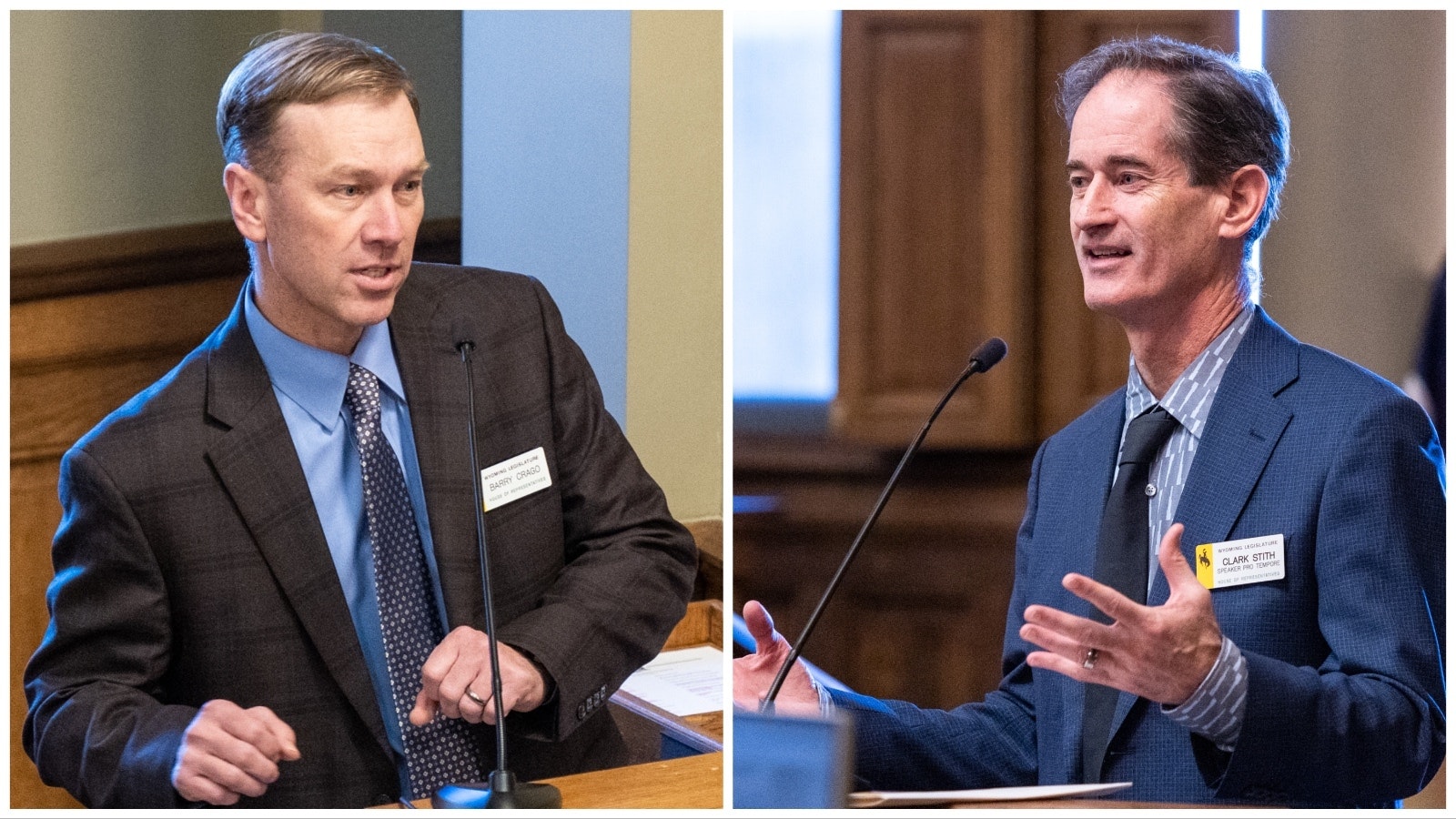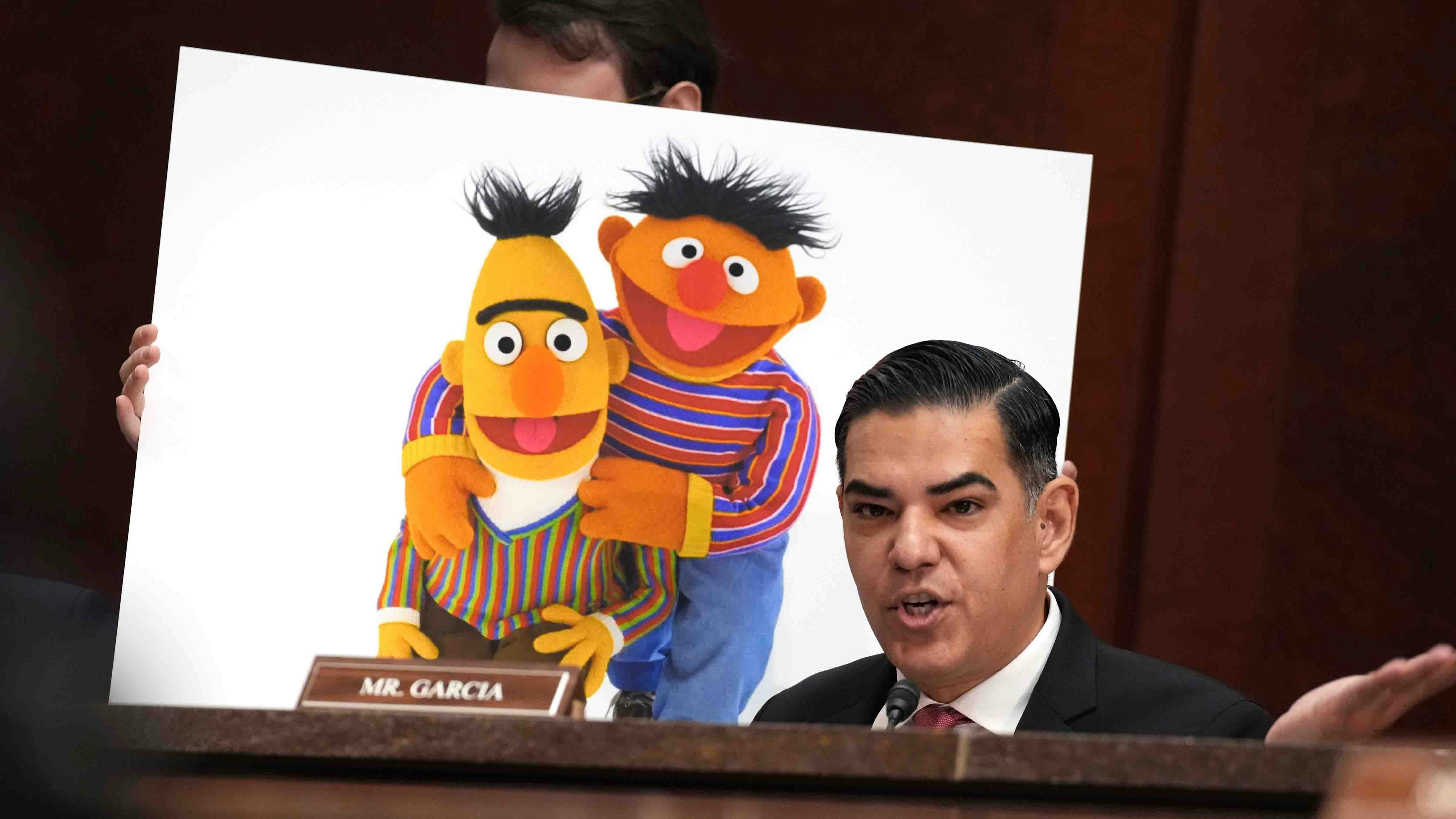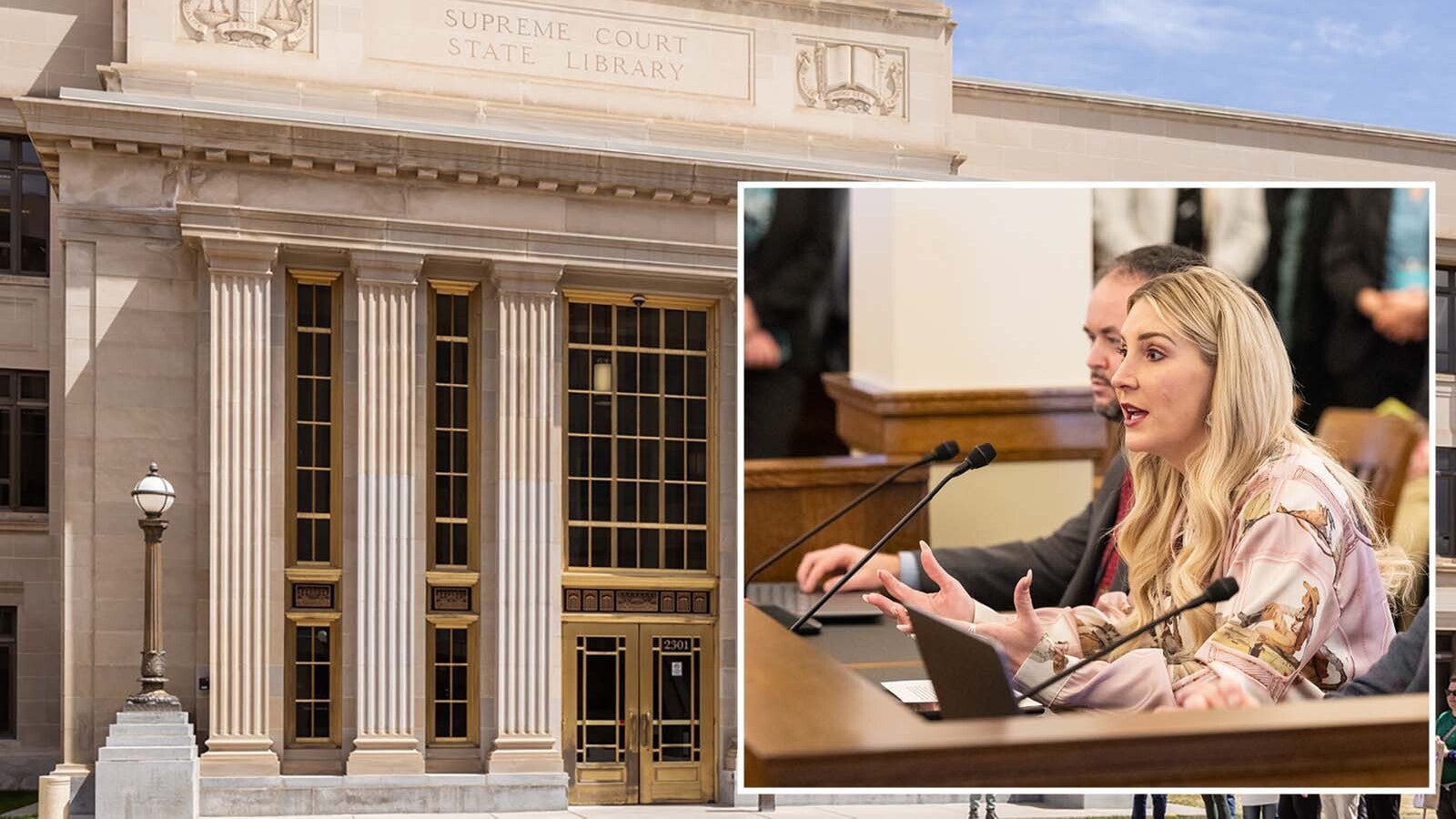Even some of the leading members of the Wyoming Caucus don’t have a clear vision for exactly what their group is or defined by, and they say that’s OK.
“I prefer things being relatively flexible,” said one of the leaders of the Wyoming conservative Republican group, state Rep. Clark Stith, R-Rock Springs. “We do not have any kind of litmus tests. We welcome a wide range of views.”
Stith and Rep. Barry Crago, R-Buffalo, have been taking the lead on the caucus’ activities, with House Speaker Albert Sommers, R-Pinedale, also helping out.
The group formed largely in response to the rise of the Wyoming Freedom Caucus, a group of far-right Republican legislators who have criticized the current status quo of Wyoming politics, largely defined by a GOP supermajority in the State House and Senate. Many members of the Freedom Caucus, like chairman Rep. John Bear, R-Gillette, have accused other Republicans of not being conservative enough or even not real Republicans.
Members of both groups have lashed out at each other, most commonly trading positions on issues in op-ed pieces written over the course of the year.
“Our conservative commitment to Wyoming and its people is reaching out to everybody in the Legislature to achieve common goals,” Stith said. “We believe we have broad based support and similarly, it’s unprecedented to have a sitting Republican attack other legislators from his own party.”
While both groups are Republicans and have similar names — Wyoming Freedom Caucus vs. Wyoming Caucus — members of the groups are adamant that there are some very important, fundamental differences that divide them.
So, What Is It?
The Wyoming Caucus has nothing resembling a formal membership roll, but Stith said it is actively supported by a majority of the state House leadership.
The Freedom Caucus holds somewhere around 26 seats in the House, and its members often argue that only their group represents the true voice of Wyoming grassroots Republicans. The Freedom Caucus is more public-facing with its activities and routinely sends out press releases, and its members usually vote together on bills. They also hold public town hall events where their members mostly agree on issues.
Rebekah Fitzgerald, treasurer of the Wyoming Caucus PAC, said the caucus is designed to exist as more of a legislative support network rather than a cohesive policy organization.
Where the Wyoming Caucus stands politically and organizationally is rather amorphous, which Fitzgerald and Stith said is somewhat intentional.
Besides being a group of Wyoming Republicans, the group somewhat lacks a clear identity, which is one of the ways it differs from the Freedom Caucus.
“What that means and how that functions is a lot less straightforward than what’s coming from the Freedom Caucus,” Fitzgerald said.
Not In Lockstep
But that’s also deliberate, Fitzgerald said, because the Wyoming Caucus is still evolving and figuring out exactly what it wants to be while its members legislate individually for themselves.
“In their thinking, to represent their constituency base,” she said. “Members that participate in the Wyoming Caucus want to maintain their independence to work with their constituents so much that it’s really just big umbrellas.”
Stith and fellow Wyoming Caucus member Rep. Cyrus Western, R-Big Horn, explained it further, saying that a legislator from more of an urban district like Casper or Cheyenne has much different needs and interests than a representative from rural eastern Wyoming or Teton County.
“Ultimately, members of the Legislature should have the right to vote their conscience and vote in a way they generally feel is the best for the community,” Western said. “We’re not going to tell them how to vote.”
The Freedom Caucus drew some flak during the 2023 legislative session for sending out texts to its members recommending to them how to vote on certain bills.
Fitzgerald said some Republican members of the House are irritated that a division exists within the party and don’t align themselves with either group.
In a Tuesday op-ed, Rep. Landon Brown, R-Cheyenne, blamed both factions for contributing to the division in the House.
“Around 50% of the state tend to be Republicans that have strong beliefs that are held in a very conservative ideology. Around 50% of Wyoming’s Republicans hold strong beliefs that align closer to the days of old – or Reagan style politics,” Brown wrote. “That means we must work together for Wyoming to accomplish good policy — not just blaming others for what wasn’t done.”
They Do Have Goals
Although their overall mission is hazy, Crago and Stith announced their legislative priorities in a recent op-ed. These include addressing property tax reform and relief, educational savings accounts, parental rights in education, suicide prevention, mental health and electricity costs.
“The Conservative Commitment to Wyoming provides a foundation to solve the most pressing issues facing Wyoming today,” the op-ed reads. “By focusing on those things that bring us together, and our common conservative beliefs, we can move Wyoming in a positive direction based on our shared conservative values.”
The recent Stith-Crago op-ed calls on “all conservative legislators in the Wyoming Legislature” to join in a commitment to working collaboratively and bringing “real Wyoming solutions to Wyoming’s problems.”
Stith told Cowboy State Daily he’s cautiously optimistic about being able to work with members of the Freedom Caucus to get legislation passed in 2024.
“I believe they too want to get things done for people in Wyoming,” he said. “Most of the Freedom Caucus is interested in getting things done.”
Can They Do It?
The 2023 legislative session was often marked by stalemate and frustration as members of both caucuses were frequently at loggerheads for particular bills. The five Democrats in the House voted more often with the Wyoming Caucus, but at times also sided with the Freedom Caucus.
Whether few or many bills get passed will be decided by how well compromises and solutions are brokered between the two groups. The 2024 budget session will require a ⅔ majority for any bill to be introduced.
Western said he’s not naive to the factions and divide that exist in the Wyoming Republican Party, but he hopes the political pressure each lawmaker feels from their constituents to get work done will help push certain bills across the finish line.
“It’s why we have the process we do to debate these issues,” he said.
The 2024 election season, which Western predicts will be “really tough,” will likely start as soon as the legislative session concludes in early March. This may also give legislators a little more urgency to get bills passed and could sway some members to vote differently from how they have in the past on issues like property taxes.
Rep. Steve Harshman, R-Casper, could be one example of this. Harshman recently indicated he will support a property tax cap of some kind, despite expressing some opposition to the concept during the 2023 session.
In his op-ed, Brown issues a plea to find common ground.
“Let’s put the weapons away for a while,” Brown wrote. “Let’s focus on what we can agree on and figure a way to accomplish those goals. Let us all stop bickering and fighting and be thankful that we live in such an amazing state and amazing country.”
Leo Wolfson can be reached at leo@cowboystatedaily.com.





